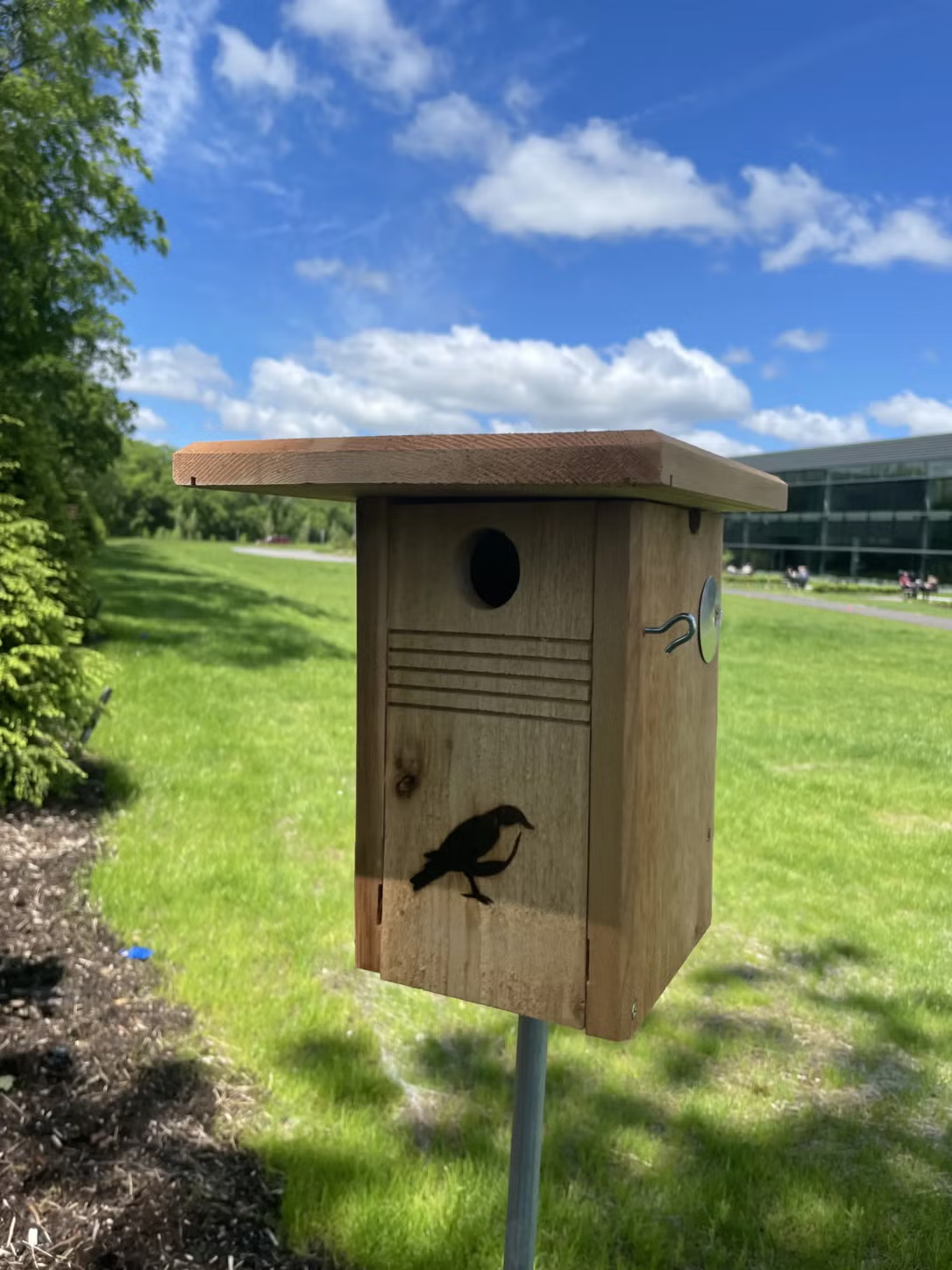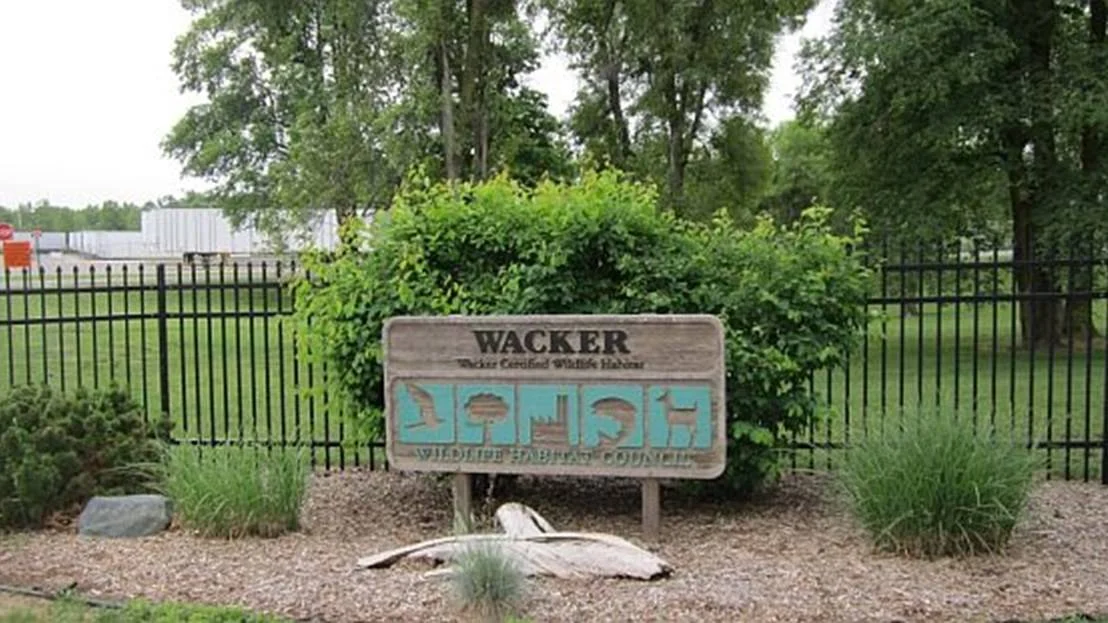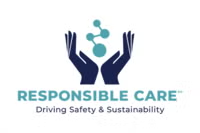At its Ann Arbor Innovation Center in Michigan, Wacker Chemical Corporation has launched two habitat projects that are contributing to local biodiversity. Recognized and certified by the nonprofit Wildlife Habitat Council (WHC), the projects enable the company to integrate environmental stewardship into its landscape.
WHC certification, powered by Tandem Global, is a voluntary sustainability standard focused on enhancing biodiversity and promoting conservation education on corporate landholdings. Established in 1989, WHC certification goes beyond a one-time recognition—it's a continual process that helps enable ongoing benefits to both biodiversity and people.
Creating Habitats for Pollinators and Birds

Wacker’s two initiatives - the Pollinator Garden Project and the Bluebird Project – are designed to promote local ecosystems and reduce environmental impact. Both are coordinated and led by employee volunteers from across departments.
Pollinator Garden Project
The Pollinator Garden Project has transformed portions of Wacker’s Ann Arbor site into vibrant, biodiverse habitats using native wildflowers, grasses, and shrubs. Designed to attract bees, butterflies, and other pollinators, the garden features clusters of seasonally blooming plants in both sunny and shaded areas. Prairie zones are allowed to reseed naturally, without using pesticides or herbicides, and employees regularly monitor the garden to track plant and pollinator diversity.
Bluebird Project
Complementing this is the Bluebird Project, which supports native bird populations through the installation of 14 nesting boxes across the property. Since monitoring began in 2022, the site has welcomed 78 fledglings, including 23 bluebirds, which are natural pest controllers that help maintain ecological balance.
While continuing to advance high-performance product solutions, we have also struck the balance of being steadfast environmental stewards focused on building biodiversity and protecting the ecosystems around us.
A Holistic Approach to Sustainability
Beyond habitat creation, WACKER’s Ann Arbor team engages in year-round sustainability efforts, including:
- Volunteer litter cleanups
- Recycling and composting programs
- Support for local food access initiatives
Scaling Impact Across Michigan and Beyond

WACKER’s actions to advance sustainability extend beyond Ann Arbor. Its silicone manufacturing site in Adrian, Michigan, has been WHC certified since 1999. Adrian’s program includes increased biodiversity habitat support, community outreach and educational enrichment, in addition to the base certification conservation objectives.
Globally, WACKER is working to reduce specific greenhouse gas emissions by 50% by 2030 and achieve climate neutrality by 2045—goals validated by the Science Based Targets initiative and aligned with the Paris Agreement’s 1.5°C target. By 2030, the company aims for 100% of its products to make a neutral or positive contribution to sustainability.



